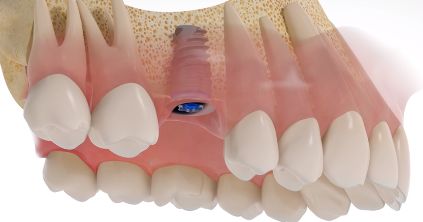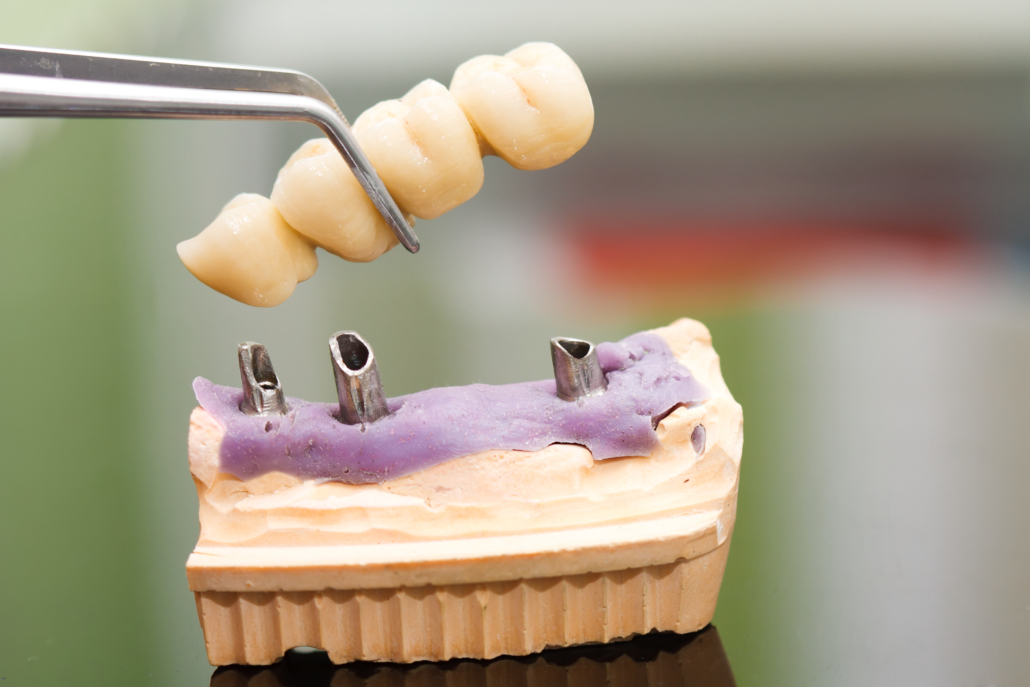Patients who have undergone an organ transplant need more and more dental rehabilitation because often, before the transplant operation, they are subjected to the extraction of compromised dental elements that could create complications to the transplant due to infections or inflammation in the oral cavity.
Implantology in patients who have undergone an organ transplant
In 2015 alone, more than 3200 transplants were registered in Europe and in particular 61.46% of kidneys and 23.52% of liver. In most cases, these patients have a life expectancy of more than twenty years after transplantation.

For this reason, those who have had to undergo a forced extraction of the teeth, as a precaution and greater safety compared to the presence of infections and inflammations in the oral cavity, certainly cannot give up a quality of life that also includes a newfound smile.
Dental rehabilitation on edentulous patients, in this case on patients who have also undergone a transplant, is in fact the possibility of regaining not only a smile and a more peaceful social life, but also of restoring masticatory functions.
Type of dental implants for dental rehabilitation after organ transplantation
The use of titanium implants is considered, in contemporary dentistry, the best method for replacing missing teeth through the implantology technique.
In the cases of patients who have undergone organ transplantation, the impact of the immunosuppressive drugs that this type of patient must take for life must still be considered.
For many years, immunosuppressive drug therapies were considered one of the contraindications of implantology.

New possibilities for dental rehabilitation
In a study published in Implant Dentistry of October 2019, some researchers carried out a functional and aesthetic evaluation of dental rehabilitation with implantology in patients undergoing immunosuppressive therapy after organ transplantation.
The survey sample consisted of 21 patients on immunosuppressant therapy after undergoing the transplant.
In the 21 patients 24 implants were inserted, the research protocol provided for the replacement of a single missing tooth with a titanium implant.
Two years after the insertion of the titanium implants, the mechanical evaluation and objective measurement of the implant stability was performed, finding the full success of the implant therapy.
Risk-free implantology
From the data that emerged from the research it can be concluded, but we will seek confirmation in other researches, that patients who have undergone an organ transplant can safely undergo dental rehabilitation through implantology.
Results that can be applied to all patients undergoing immunosuppressive therapies, even for reasons other than transplantation.
















